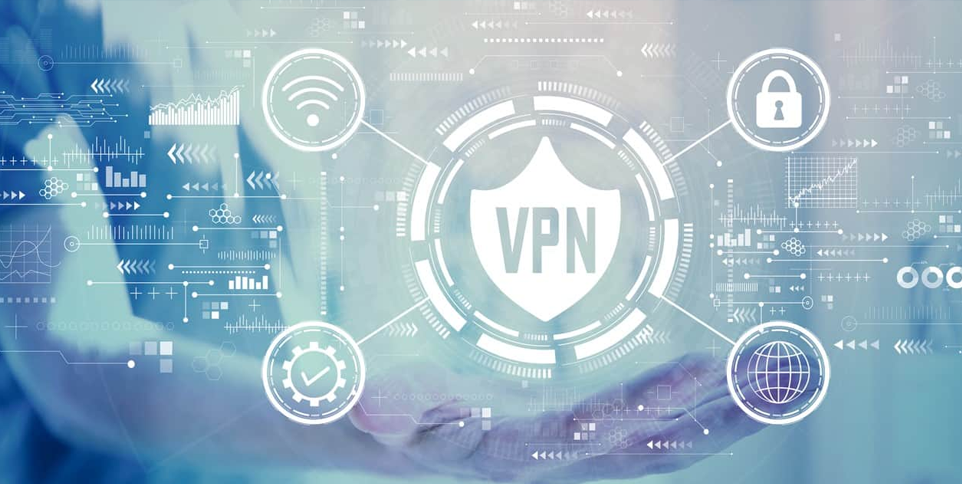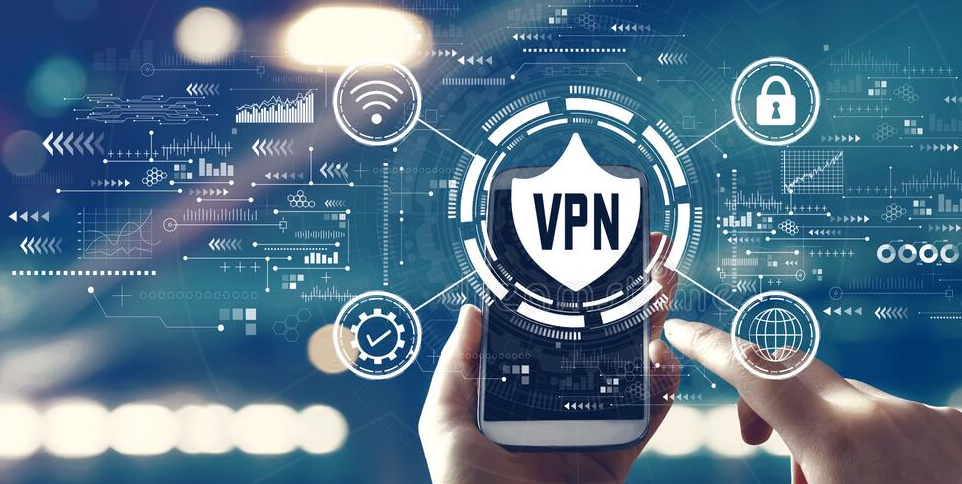

03 min read

The Internet of Things (IoT) is a term that refers to the network of devices that can connect to the internet and communicate with each other. These devices can range from smart home appliances, such as thermostats and security cameras, to wearable gadgets, such as fitness trackers and smartwatches. IoT devices can offer many benefits, such as convenience, efficiency, and automation. However, they also pose many challenges, especially when it comes to security and privacy.
IoT devices are often vulnerable to cyberattacks, as they may have weak or default passwords, outdated firmware, or lack of encryption. Hackers can exploit these vulnerabilities to access your personal data, spy on your activities, hijack your devices, or launch large-scale attacks using botnets. According to a Symantec report , there was a 600% increase in the number of IoT attacks between 2016 and 2017.
One way to protect your IoT devices from cyberthreats is to use a VPN (Virtual Private Network). A VPNs is a service that encrypts your internet traffic and routes it through a secure server in another location. This way, you can hide your IP address and location, prevent anyone from snooping on your online activities, and bypass geo-restrictions and censorship. A VPN can also help you secure your IoT devices by creating a private network for them to communicate with each other and with the internet.
But how exactly can you use a VPN for IoT devices? And what are the pros and cons of doing so? In this article, we will answer these questions and help you decide whether using a VPN for IoT devices is worth it or not.

There are two main ways to use a VPN for IoT devices: using a VPN router or using a VPN app.
Using a Router:
A VPN router is a router that has a VPN service installed on it. This means that every device that connects to the router will automatically be protected by the VPN. This is the easiest and most convenient way to use a VPN for IoT devices, as you don’t need to install any software on each device or configure any settings. You just need to set up the VPN router once and enjoy the benefits.
To use a VPN router for IoT devices, you need to:
Using a VPN App
A VPN app is an application that you can install on your device to use a VPN service. This means that you need to install the app on each device that you want to protect with the VPN. This may not be possible for some IoT devices that don’t support app installation or have limited storage space or processing power. However, this method may offer more flexibility and control over your VPN settings and features.
Using a VPN for IoT devices can offer many benefits. Here are some of the pros of using a VPN for IoT devices:

Using a VPN for IoT devices can be a great way to enhance your security, privacy, and access. If you want to use a VPN for IoT devices, we recommend SaviourVPN and PureVPN. Both are reputable and reliable VPN services that offer fast speeds, strong encryption, and excellent features. They also have a 31-day money-back guarantee , so you can try them risk-free.



